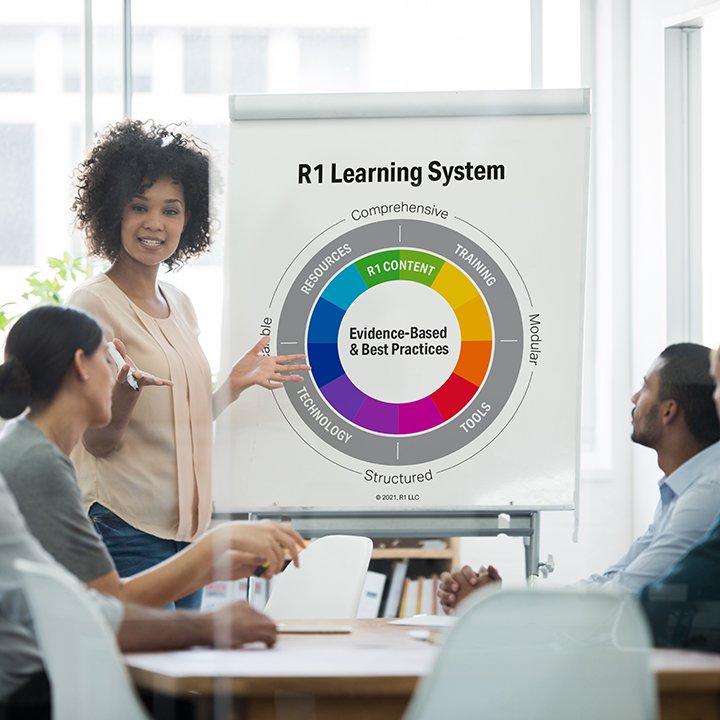Adverse Childhood Experiences (ACEs) Setup Instructions
R1 Learning’s newest topic, Adverse Childhood Experiences (ACEs), is available on the R1 Discover App and for purchase on the R1 Store.
ACEs are potentially traumatic events that occur in one’s childhood (from the ages of 0 to 18 years). ACEs can include experiences of abuse, neglect, or violence, as well as aspects of a child’s environment that undermine their sense of safety and stability, such as parental separation, substance use, or mental health problems within the household.
On this page you’ll find instructions on how to enable ACEs for your programs, and some Questions to Explore as considerations for implementation.
Our Approach for Trauma Related Topic Releases
As we continue to expand the R1 Learning topic library, we are aware that certain topics may require more training, knowledge, skill, and experience prior to implementing them with clients. ACEs, being a trauma related topic, falls into this category. Please note this when purchasing our hands-on tools on the R1 Store. For the R1 Discover App, we’ve decided that these types of topics will be released to Super Admins first. We encourage Super Admins to consult with their clinical leadership teams to determine the best approach for implementing this topic using trauma-informed care principles.
Detailed instructions for enabling ACEs in your client programs are provided below.
Instructions:
Assess Suitability: Review the ACEs content to ensure it aligns with your programs.
Admin Access: Log in to your Super Admin account.
Settings Adjustment: Navigate to 'Settings' and select the ACEs topic for the desired programs.
Save Changes: Confirm your changes by clicking 'Save'.
Questions to Explore
Answer these questions for yourself, at a staff meeting with your team, or as a special project for your leadership:
What is the knowledge, skill, and experience of your staff regarding ACEs?
What training or resources have you provided to your staff to equip them for facilitating ACEs?
Will you require formal trauma-informed care training prior to staff implementing this topic?
Which team members are most capable in leading trauma-informed care interventions with clients/patients? Can they coach and support others?
What support systems do you have in place for staff who will be delivering ACEs for the first time?
What support systems do you have in place for clients/patients affected by ACEs?
How will you get feedback from staff and clients/patients as you implement ACEs?




